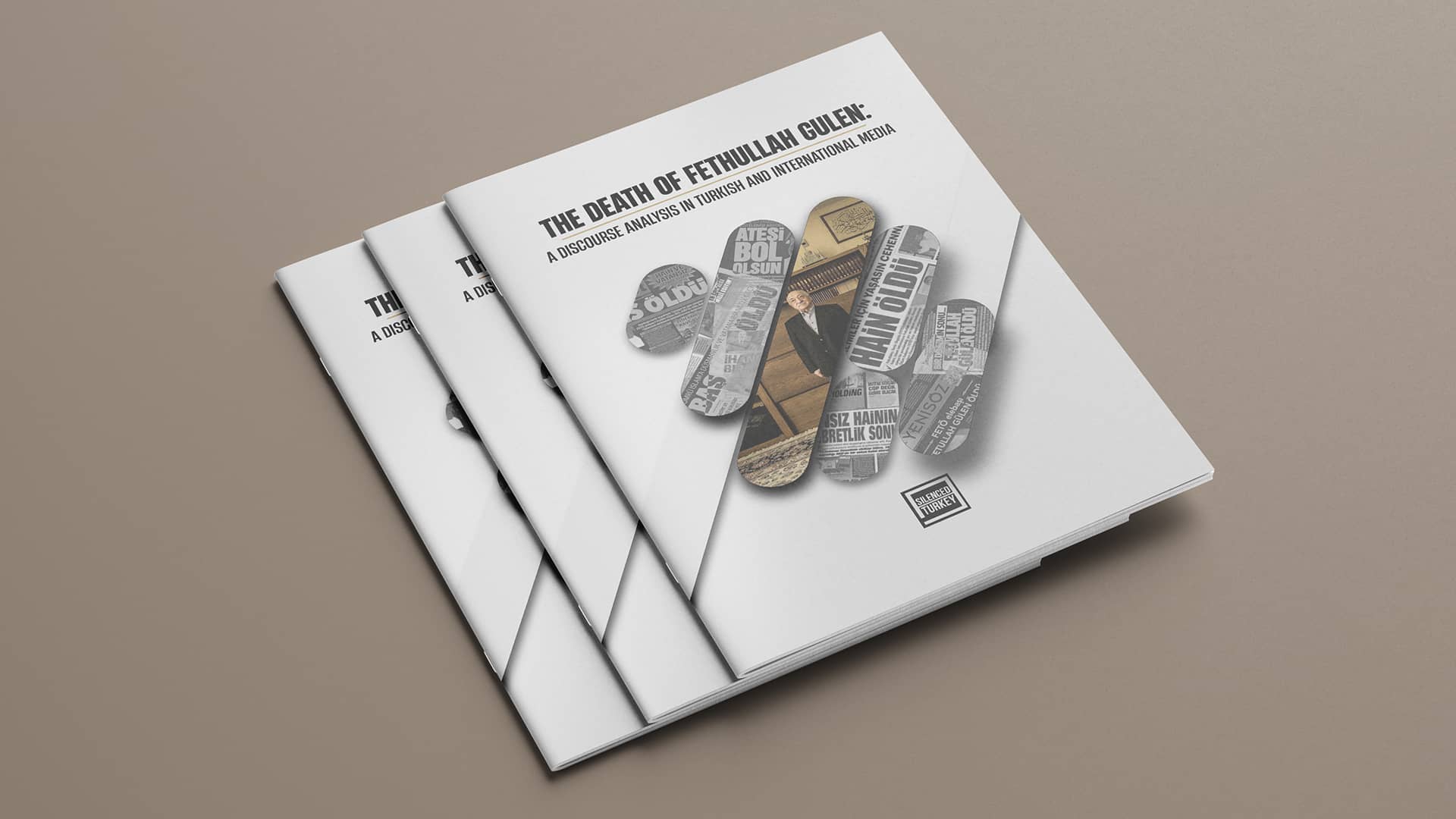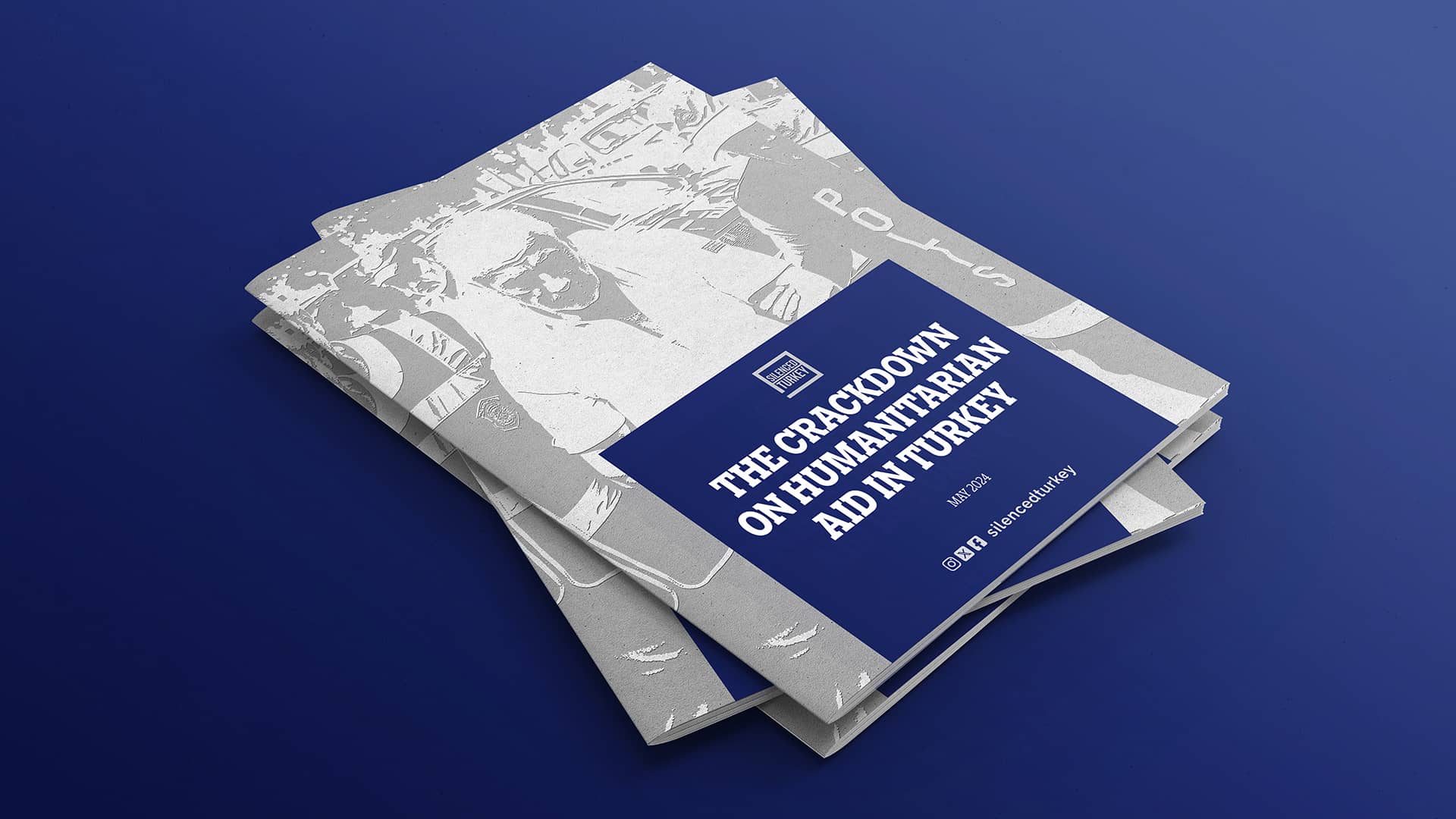The Death of Fethullah Gülen: A Discourse Analysis in Turkish and International Media

The Death of Fethullah Gülen: A Discourse Analysis in Turkish and International Media
On October 20, 2024, Fethullah Gülen, the founder of the Hizmet Movement/Fethullah Gülen Community, passed away in the United States. The passing of such an influential global figure garnered widespread attention in both Turkish and international media. The language, tone, and structure of the reports published in international and Turkish media were significantly different. Upon comparing the reports in these two spheres, one might get the impression that they are describing two entirely different events or individuals.
This report compares and evaluates the differences in news language, content, and construction regarding Gülen as reflected in Turkish and international media. Itconducts a critical discourse analysis of the news published between October 20-27, 2024 by examining language, tone, use of visuals, and choice of headlines. Discourse is inherently tied to ideology, power, and politics because it constitutes linguistic practices that translate into actions. Critical discourse analysis is a method used to uncover the ideological structures, social biases, and power dynamics underlying media language.
This study examines leading newspapers and news websites in international media. In Turkey, it examines the top 50 most-read news sites along with a limited number of social media posts from a critical discourse analysis perspective.
The study reveals that Turkish media’s discourse regarding the death of Fethullah Gülen, as shaped by the ruling authorities, is concentrated on two main themes: religion and nationalism. Within the framework of Islamic discourse, the media employs terms such as ‘pig,’ ‘pit,’ ‘ritual,’ and ‘ceremony’ to demean and exclude Gülen and his followers, and it uses expressions like ‘traitor,’ ‘national traitor,’ ‘terrorist,’ and ‘leader of F*tö’ to stoke nationalist sentiment.. In other words, the government and its media use two distinct themes in their narrative: one religious and the other nationalist. Throughthese two themes, the government shapes public thought and knowledge, constructing criminal profiles while legitimizing its own actions.
In contrast, international media framed Gülen’s death around his role as a spiritual leader and educator, presenting it in a more neutral tone.
Academic Voices Silenced in Turkey
6,081 academics dismissed in Turkiye—freedom is the first casualty when universities become battlegrounds for power....
Read MoreThe Teenage Girls Case: A Call for Justice
In May 2024, a large-scale anti-terrorism operation took place in Istanbul, where 48 individuals, including high school ...
Read MoreThe Crackdown on Humanitarian Aid in Turkey
This report, issued by the Advocates of Silence Turkey (AST), details an alarming misuse of counterterrorism laws in Tur...
Read More


